Data and knowledge management are becoming increasingly critical for agriculture’s production and sustainability. Information and communication technology (ICT) significantly improves the effectiveness and reliability of agricultural data collection, storage, analysis, and use. It enables agricultural players and farming communities to access up-to-date knowledge and make more informed farming decisions quickly. For instance, remotely sensed data on soil conditions can assist farmers with crop management. Cell phones lower the cost of information and thus increase farmers’ access to markets and financial support. The Global Positioning System (GPS) invention enables field mapping, machinery guidance, and crop scouting.
From IT to blockchain
The collection and use of data by information and communication technology do not occur without prejudice. Individuals who use IT are often motivated to use data of their own self-interest. For example, stakeholders’ preferences in a multi-criteria decision are strongly affected by the entity they represent and NGOs that place an undue emphasis on the issues they wish to resolve due to their financial stake. A powerful strategy for avoiding such bias is to make data manipulation difficult, if not impossible, by devolving data processing authority to a vast number of individuals.
A blockchain is a decentralized ledger in which agents record data about the process of creating, transacting, and consuming a product or service. The ledger is maintained collectively by all parties involved, usually through a peer-to-peer network. Before a new record is added to the blockchain, it must be validated by the network. Any modification to the reported data should adopt a consensus decision-making process, which requires agreement from most of the parties concerned. Additionally, any modification to a single record results in the modification of all subsequent records. Thus, it is impossible to alter data stored on a blockchain. Blockchain is described as “an open, distributed ledger that enables the efficient and verifiable recording of transactions between two parties.” Blockchain is a game-changing information technology that can change the way data is used in agriculture.
How blockchain technology could revolutionize agriculture
Traceability of food
Consumers are more concerned than ever with the source and contents of their food. Organic food, sustainably raised poultry, and locally farmed produce have all seen significant growth in popularity over the last few years. However, when shoppers place an item in their basket, they have no option but to trust whatever information is displayed on the label. Consumer preferences have spawned a sizable food fraud industry. Producers can quickly sell mislabeled goods, as the manufacturer or final purchaser has no means of determining the origin of the product.
Enter blockchain technology. Since blockchain technology can record unalterable data at each stage of the food supply chain, it can provide accurate information about the source of food products and their precise path from farm to table. With a single press of a button, customers could determine which certified farm their strawberries were picked from or which field their grass-fed beef was raised.
Provenance, a British company, has successfully tested this form of application. The Provenance app successfully tracked sustainably fished tuna from fishermen’s boats in Indonesia to restaurants in Japan using blockchain technology. After the fish were captured, they were tagged and inserted into a blockchain system. Following that, a new entry was made for each time the fish changed hands, allowing the final buyer to determine the fish’s exact origin. And this is just the start. Consumers will be able to trace the origins of not only a single piece of meat or vegetable but any ingredient used in a product, thanks to apps like Provenance.
Supply chain optimization
Along with assisting customers in making informed purchases, increased supply chain transparency can also benefit farmers significantly. The agricultural supply chain is infamous for its complexity and opaqueness, with shipments passing through several hands before reaching their final destination. Farmers also have difficulty determining when, at what price, and how much of their goods are eventually sold. They are left helpless and at the hands of traders who can control order rates and quantities due to this lack of insight.
By tracking transactions in real-time and providing participants with up-to-date supply and demand information, blockchain technology may help correct this imbalance. With access to this knowledge, farmers will be able to set their prices better and maximize the quantities of goods they sell. Additionally, by maintaining an ongoing database of participants’ transactions, blockchain enables parties from all over the world to conduct due diligence on one another and securely conclude transactions without the use of middlemen or agents.
Pricing and payment options improvement
Finally, blockchain technology can allow participants in agri-commerce to benefit from lower-cost and faster payment options. Farmers often wait weeks to be paid for their products under the current system, and conventional payment methods such as wire transfers can be costly. Blockchain technology has the potential to solve some of these inefficiencies. Numerous developers have already created blockchain-based applications that allow inexpensive, safe, and near-instant peer-to-peer fund transfers. Some are also using smart contracts that initiate payments automatically upon confirmation by the buyer to fulfill a specific condition (e.g., delivery of goods). Recently, an Australian farmer became the first to use this form of technology to settle an agricultural transaction, and others would undoubtedly follow suit.
The legal concerns
As exciting as blockchain technology is, many legal challenges must be overcome before fully realizing its potential. The following are only a few examples of unresolved problems.
Administration
At the moment, no proven governance structure exists to oversee blockchain transactions. Participants in restricted structures may contract to establish their own ad hoc private laws, but there are no overarching regulations. While this may work on a small scale, larger commercial players may be wary of exchanging value through blockchain technology before more standardized, industry-wide governance criteria are defined.
Confidence in the contract
Although electronic transactions and smart contracts are incredibly convenient, they can create confusion about when contracts are created, what terms they contain, and whether they even exist at all. At the moment, it is unclear how courts can view contracts facilitated by blockchain technology.
Confidentiality
The data that is applied to the blockchain is permanently stored. It could create complications if the data contains users’ personal and financial details. Before the widespread adoption of blockchain, privacy protections must be developed and validated.
Conclusion
Blockchain technology has the immense potential to alter the way agricultural business is conducted fundamentally. Blockchain technology has the potential to significantly reduce agricultural transaction costs by increasing trust between parties, facilitating knowledge exchange across the supply chain, and significantly reducing agricultural transaction costs.
As the public and private sectors collaborate to resolve the technology’s practical and legal obstacles, blockchain appears poised to be the transformative force that catapults agriculture into the twenty-first century.
This article is also published on LinkedIn and Medium.
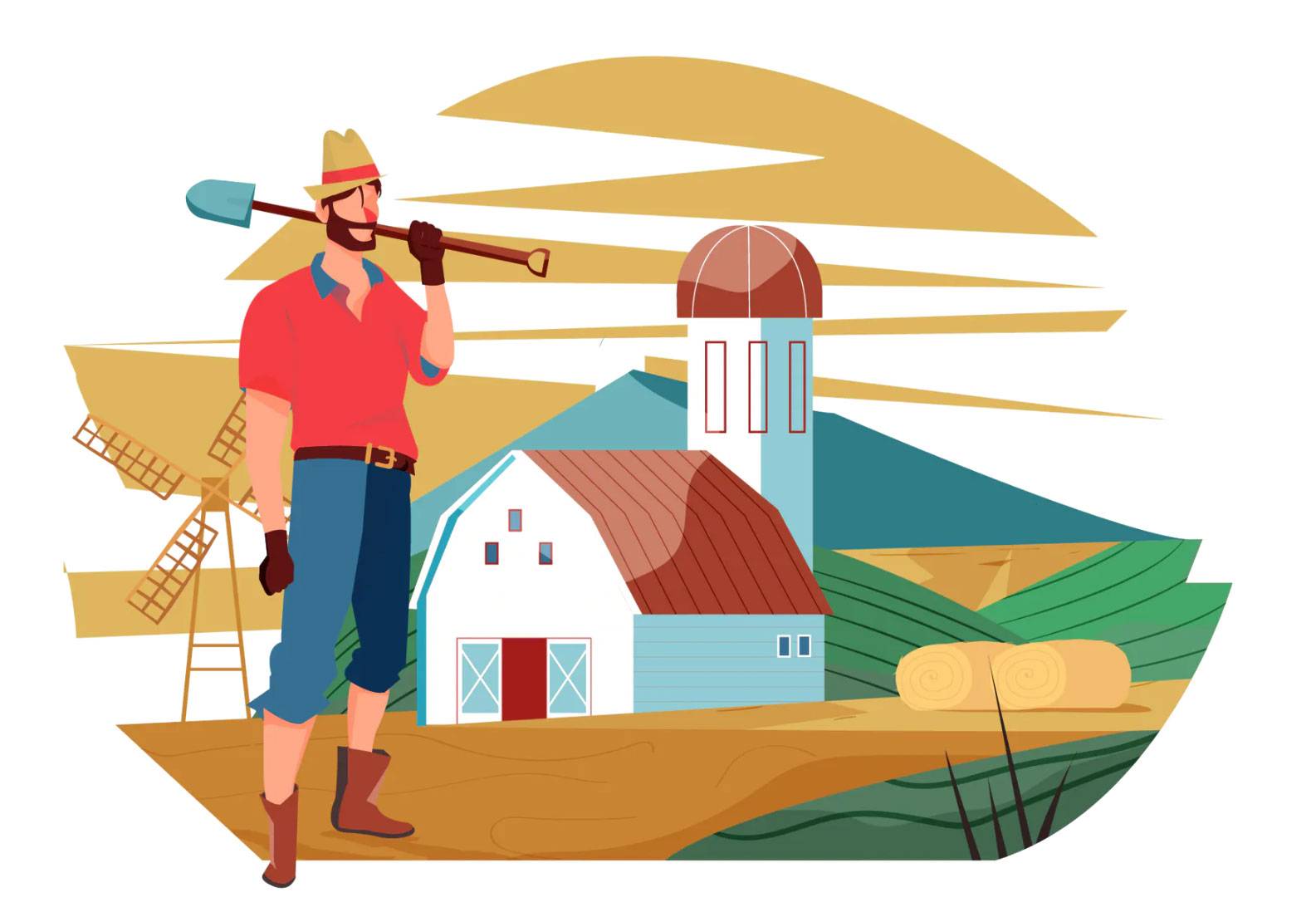
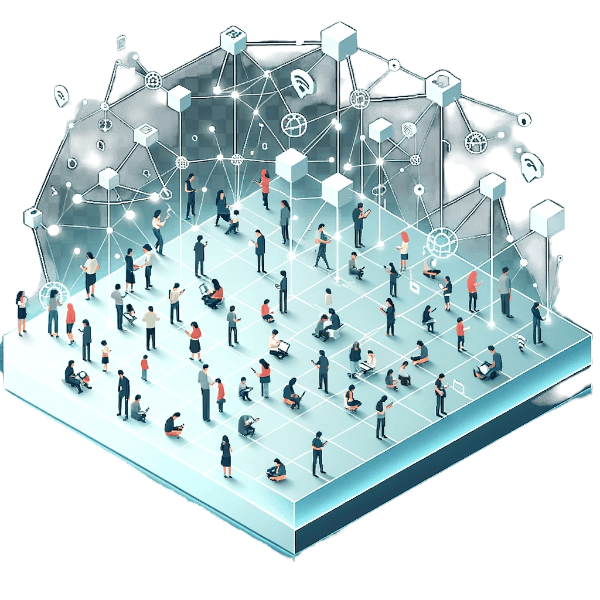
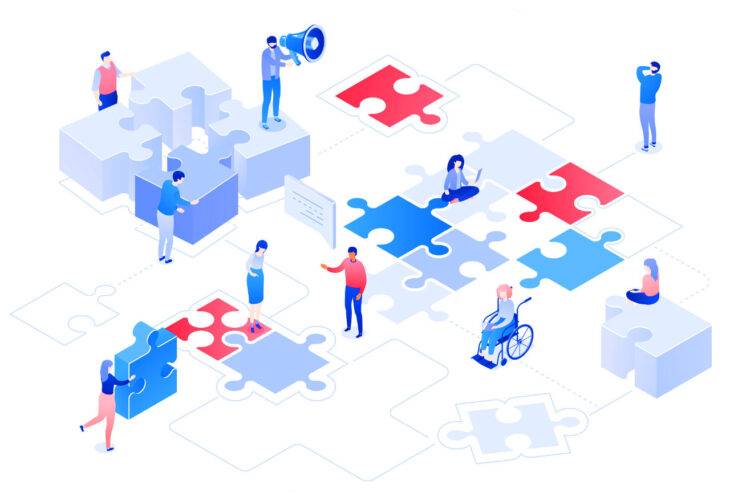
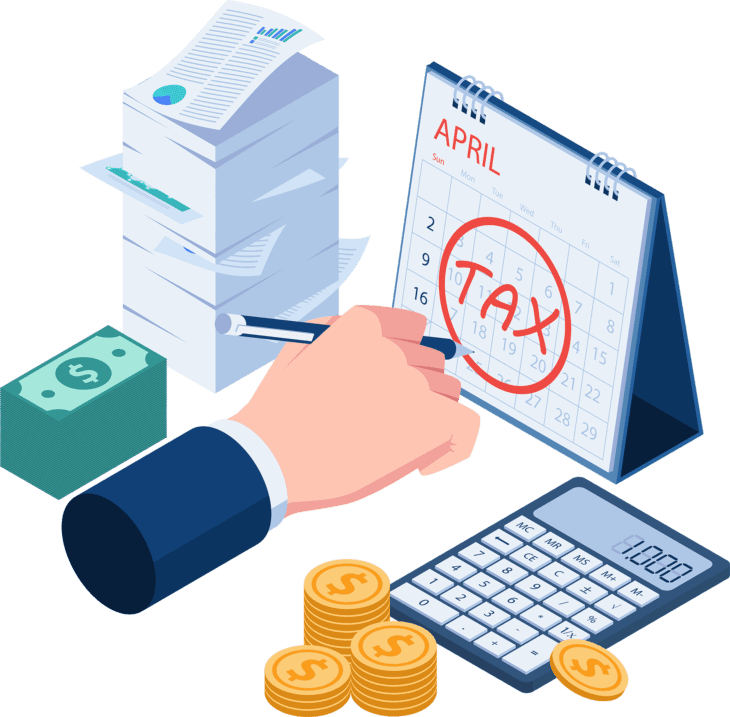

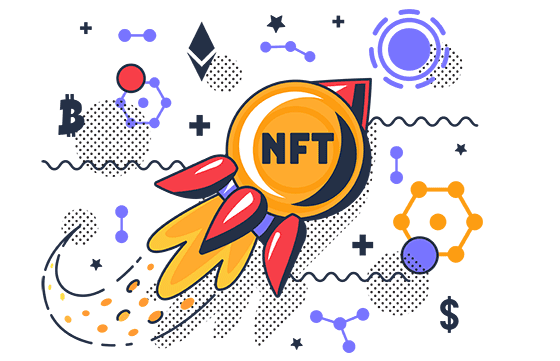
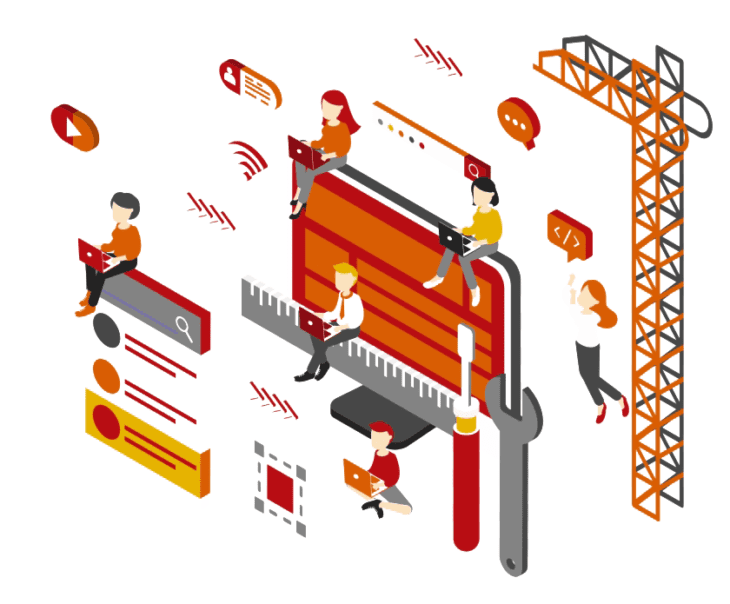
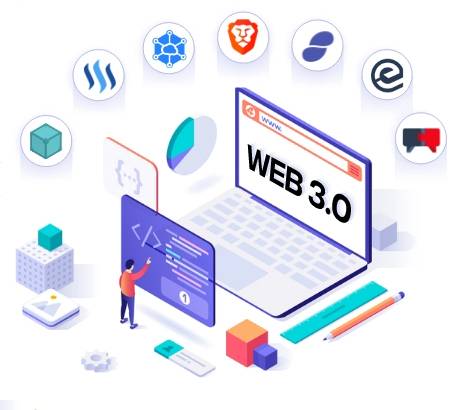
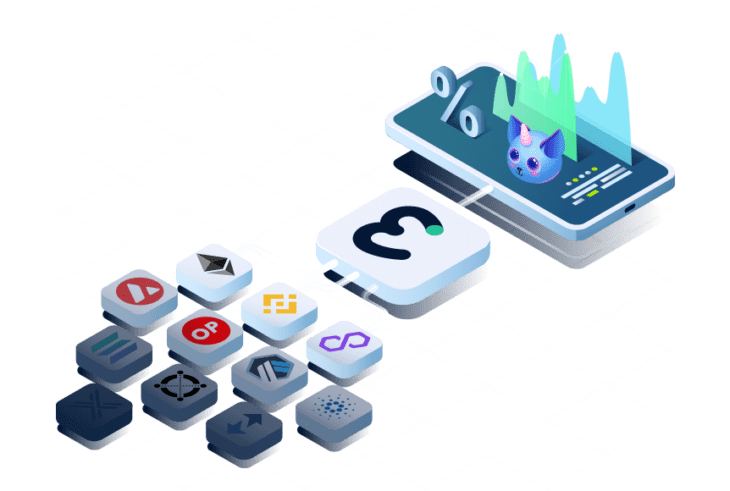
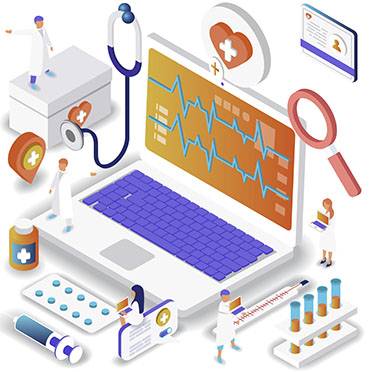

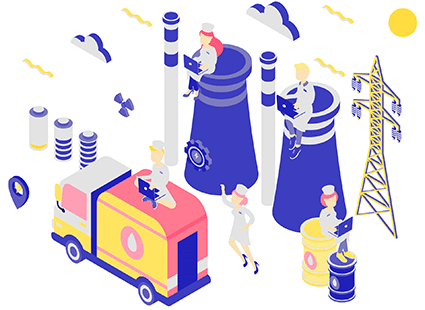

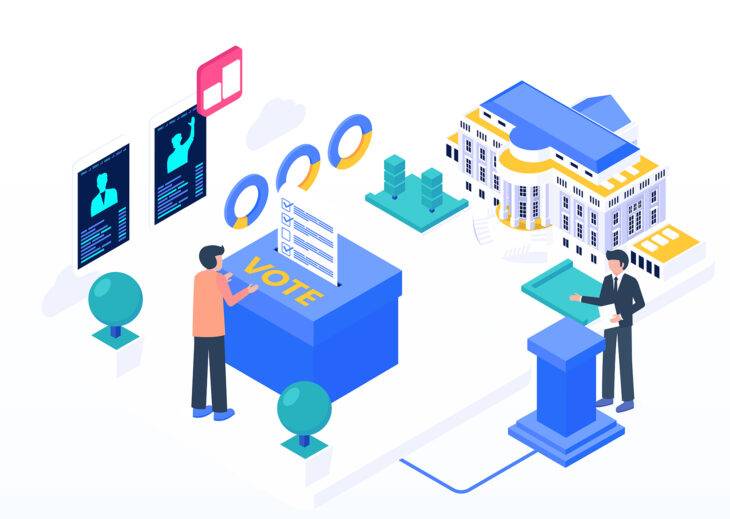

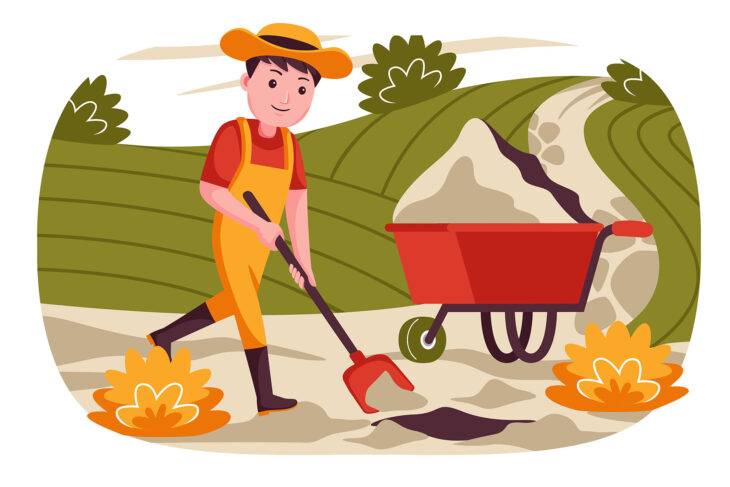
[…] Link to part 2 […]